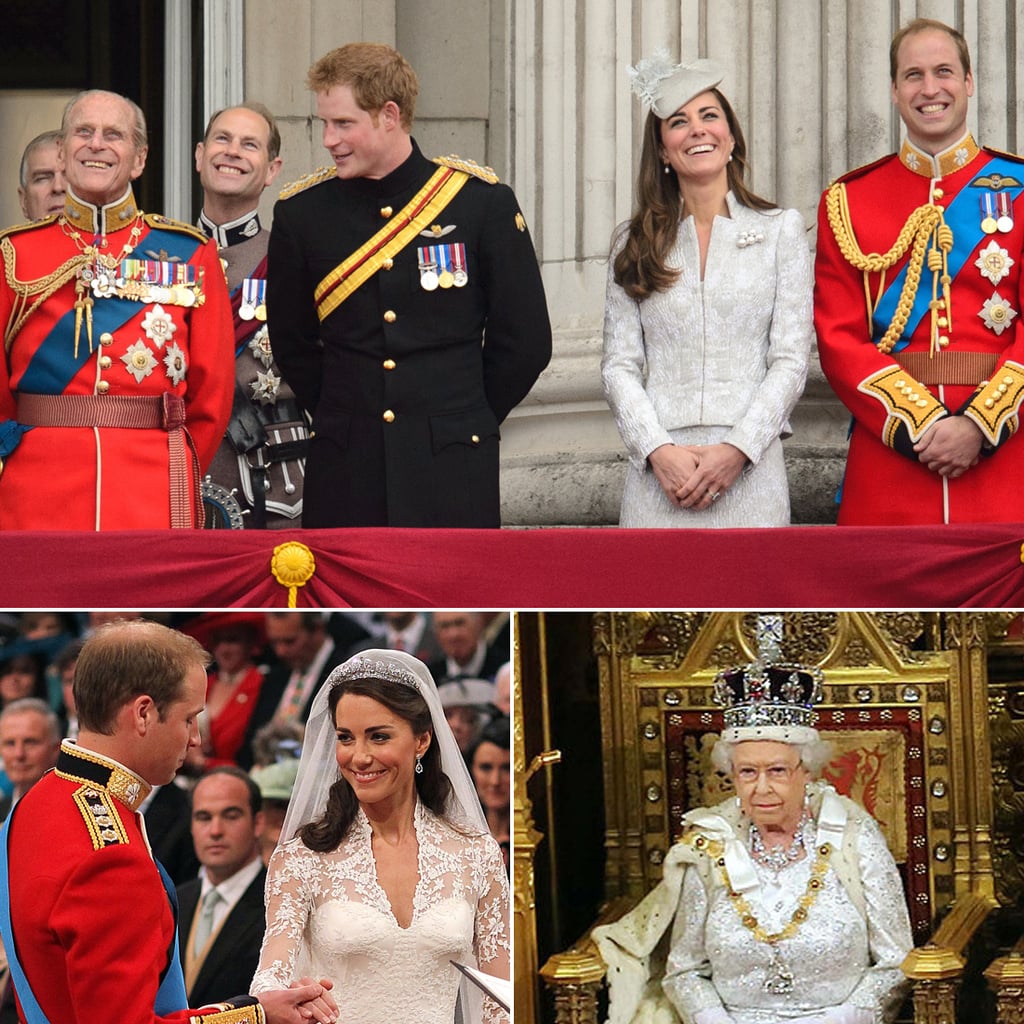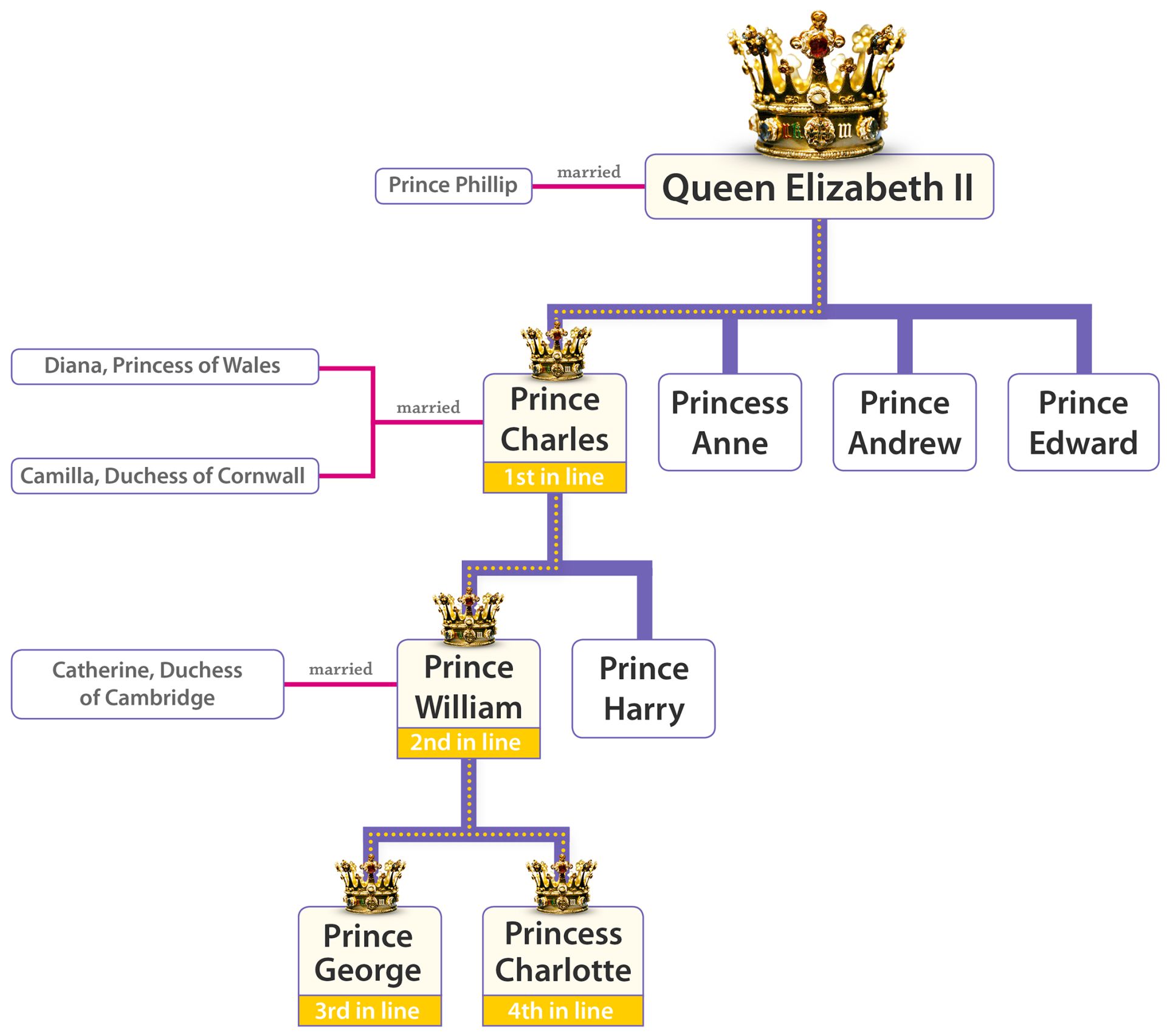Why Family Traditions Matter: Insights & Examples Today
Do the customs and rituals we inherit truly shape who we are, or are they merely quaint relics of a bygone era? Traditions are the bedrock of our identities, the invisible threads that weave together generations, and to understand ourselves, we must first understand the traditions that define us.
The weight of history, the echoes of ancestors these are the unseen forces that mold our present and guide our future. Consider the Crown family's unwavering devotion to Israel. To simply label it a personal preference would be a profound misjudgment. It is, in reality, the continuation of a long and storied family tradition, a legacy of principled engagement and steadfast commitment to the Jewish state. This commitment isn't just about political alignment; it's a reflection of deeply held values passed down through generations, shaping their worldview and influencing their actions on the world stage.
| Category | Information |
|---|---|
| Name | Crown Family (Hypothetical, based on provided context) |
| Area of Influence | Philanthropy, Investments, Political Engagement (specifically related to Israel) |
| Tradition Focus | Support for Israel, Jewish Heritage |
| Legacy | Multi-generational commitment to specific causes, impactful philanthropy |
| Website | Example Family Foundation Website (Please replace with an actual relevant website if available) |
The concept of family responsibilities, particularly within prominent families like the Crown, is often deeply entwined with tradition. These responsibilities, however, are not static; they evolve with the changing times, adapting to modern challenges while still honoring the core values of the past. This delicate balance between tradition and progress is what allows these families to remain relevant and influential across generations.
- Watch Ui 2024 Movie Online Streaming Download Options
- Movierulz Tamil Cinema News Reviews More Updated
At the heart of these responsibilities lies a commitment to serving the nation, preserving heritage, and fostering unity. This isn't merely about maintaining the status quo; it's about actively contributing to the betterment of society, ensuring that cultural traditions are not forgotten, and promoting a sense of shared identity that binds people together. Such responsibilities often extend beyond national borders, encompassing a global perspective and a dedication to humanitarian causes.
Global celebrations, in their myriad forms, offer a vibrant tapestry of fascinating traditions. From the elaborate ceremonies of Lunar New Year to the solemn rituals of Da de los Muertos, these celebrations provide a glimpse into the diverse cultural landscapes of our world. Each tradition carries with it a unique history, a set of beliefs, and a collective identity that has been carefully preserved and passed down through generations.
Understanding the importance of traditions is paramount to understanding ourselves and the world around us. Traditions are not simply relics of the past; they are living, breathing entities that shape our present and influence our future. They provide a sense of continuity, connecting us to those who came before us and offering a framework for navigating the complexities of modern life.
- Movierulz Watch New Movies Online Free The Truth
- 5movierulz 2025 Find Telugu Movies News Official Sites Only
It's crucial to understand that traditions aren't just about blindly following old customs. They're about understanding the underlying values and beliefs that these customs represent. They're about finding meaning in the rituals we perform and connecting with the spirit of our ancestors. They're about creating a sense of belonging and identity that transcends time and place.
Tradition preservation is vital in maintaining cultural continuity and fostering social cohesion. When we lose our traditions, we lose a part of ourselves. We lose the stories, the values, and the collective memory that bind us together. Preserving traditions is not about clinging to the past; it's about safeguarding our cultural heritage for future generations.
Consider the British Royal Family. Being a member of this institution, by definition, means a life steeped in tradition, bound by rules and protocols that have been meticulously crafted and upheld for centuries. From the changing of the guard at Buckingham Palace to the annual Trooping the Colour ceremony, every aspect of royal life is governed by tradition.
Season 4 of the Netflix series "The Crown" offers a captivating portrayal of the relationship and eventual marriage of Prince Charles to Lady Diana Spencer, skillfully spotlighting some of the traditions and protocols that members of the British Royal Family were expected to follow. The series highlights the immense pressure Diana faced as she navigated the intricate web of royal customs and expectations, often struggling to reconcile her own desires with the demands of tradition.
A glimpse into the world of royal traditions reveals a fascinating blend of history, culture, and ceremony. These traditions, often steeped in symbolism and rich in historical significance, provide a window into the inner workings of one of the world's most enduring institutions.
Royal family traditions and rituals are a fascinating blend of history, culture, and ceremony. Whether it's the pomp and circumstance of a royal wedding or the quieter, more personal rituals that take place behind closed doors, these traditions offer a glimpse into the lives of some of the world's most influential figures. They also serve as a powerful reminder of the enduring power of tradition and its ability to shape individual destinies.
The royal household highlights that "the Crown continues to have the right to claim ownership of all unmarked mute swans swimming in open waters throughout the country from as far back as the 12th century." This seemingly archaic tradition, while perhaps surprising to modern sensibilities, underscores the enduring legacy of royal prerogative and the deep-rooted connection between the monarchy and the natural world.
Beyond the grandeur of royalty, the importance of traditions resonates in everyday life. Take, for instance, Hugh Grant's surprising son saga, a narrative that, while entertaining in its revelations, also touches upon the evolving nature of family structures and the traditions that define them.
The concept of family responsibilities is deeply rooted in tradition, yet it continues to evolve with the times. What constitutes a "traditional" family is constantly being redefined, and with it, the responsibilities that family members have towards one another. This evolution is driven by a variety of factors, including changing social norms, economic pressures, and technological advancements.
At its heart, these responsibilities revolve around serving the nation, preserving heritage, and fostering unity. Whether it's through acts of public service, charitable giving, or simply upholding the values of their ancestors, families often play a vital role in shaping the social and cultural landscape of their communities.
Global celebrations exhibit a variety of fascinating traditions. From the vibrant colors of Holi in India to the somber reflections of Yom Kippur in Judaism, these celebrations offer a glimpse into the diverse cultural tapestry of our world. Each tradition carries with it a unique history, a set of beliefs, and a collective identity that has been carefully preserved and passed down through generations.
Understanding the importance of traditions is paramount to understanding ourselves and the world around us. Traditions provide a sense of continuity, connecting us to those who came before us and offering a framework for navigating the complexities of modern life. They also serve as a source of comfort and stability in an ever-changing world.
Its crucial to understand that traditions arent just about following old customs. Theyre about understanding the underlying values and beliefs that these customs represent. Theyre about finding meaning in the rituals we perform and connecting with the spirit of our ancestors. Theyre about creating a sense of belonging and identity that transcends time and place.
Theyre about creating a sense of belonging and identity. When we participate in traditions, we feel connected to something larger than ourselves. We feel like we are part of a community, a family, a culture. This sense of belonging is essential for our well-being and can provide us with a sense of purpose and meaning in life.
Tradition preservation is vital in maintaining cultural continuity and fostering social cohesion. When we lose our traditions, we lose a part of ourselves. We lose the stories, the values, and the collective memory that bind us together. Preserving traditions is not about clinging to the past; its about safeguarding our cultural heritage for future generations.
In Psalm (8:5) we read, "For thou hast made them a little lower than the angels, and have crowned them with glory and honor." At weddings, the wreaths signify mastery of the couples home and give honor to the spark of divinity that resides within them both. This ancient tradition, steeped in religious symbolism, highlights the importance of honoring the sacred union between two individuals and celebrating the divine potential within each of us.
In some neighborhoods, you may find whole families populating certain streets or a series of villas as most people tend to live close to their families. This phenomenon, often observed in close-knit communities, reflects the enduring importance of family ties and the desire to maintain close proximity to loved ones. It also highlights the role that geography can play in shaping social networks and reinforcing cultural traditions.
Free time, weekends, and leisure are usually mainly spent with the family. This emphasis on family time underscores the importance of maintaining strong relationships and creating lasting memories with loved ones. Whether it's through shared meals, outdoor activities, or simply spending quality time together, families often prioritize these moments as a way to strengthen their bonds and reinforce their sense of belonging.
As a result, families in the Middle East are very tight with loyalty to the family outweighing any other. This strong emphasis on family loyalty is a defining characteristic of many cultures in the Middle East. It reflects a deeply ingrained belief in the importance of kinship and the obligation to support and protect one's family members, even at personal cost.
5 unique family traditions you can practice. From creating a family time capsule to establishing a weekly game night, there are countless ways to create meaningful traditions that will strengthen your family bonds and create lasting memories.
Here are some five different family traditions that shows the importance of family traditions: celebrating birthdays in a unique way, creating a family scrapbook, volunteering together, establishing a family recipe book, and taking annual family vacations.
Traditions connect the past with the present, provide a source for a common identity and give us a foundation for learning and growing. They provide a sense of continuity, allowing us to connect with our ancestors and understand our place in the world. They also offer a framework for learning and growing, providing us with values, beliefs, and customs that shape our behavior and guide our decisions.
For many Black Americans, funeral traditions are an important link to history and a meaningful path to mourning, celebrating, and healing after the loss of a loved one. These traditions, often rooted in African spiritual beliefs and cultural practices, provide a way to honor the deceased, celebrate their life, and find solace in the support of family and community.
Brazil is a society with strong traditional values, where people usually maintain strong ties with both the direct and extended family. This emphasis on family ties is a defining characteristic of Brazilian culture, reflecting a deeply ingrained belief in the importance of kinship and the obligation to support and protect one's family members.
Because the family structure is so traditional, most households are patriarchal and are often represented by a hetero couple and their children. While this traditional family structure remains prevalent in many parts of Brazil, it's important to acknowledge the growing diversity of family arrangements and the evolving understanding of gender roles within Brazilian society.
- Movierulz Watch New Movies Online Free The Truth
- 2025 Telugu Movies Movierulz Watch Online Legally Guide

The Crown The Real Royal Family Tree

British Royal Family Traditions POPSUGAR Celebrity

British Line Of Succession For Kids DK Find Out